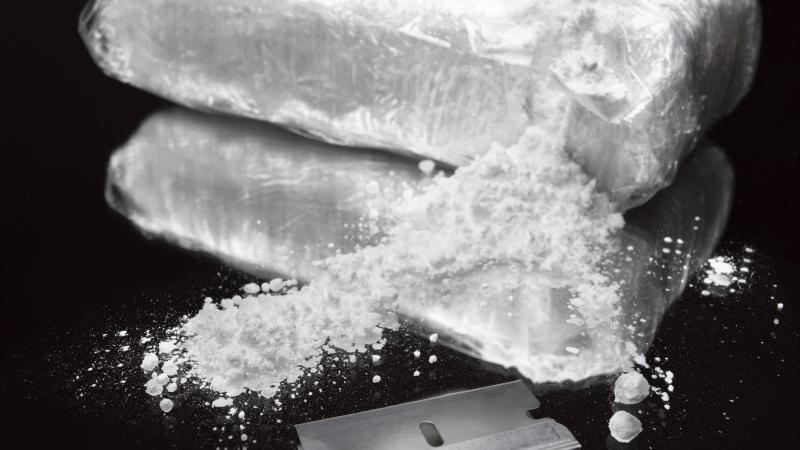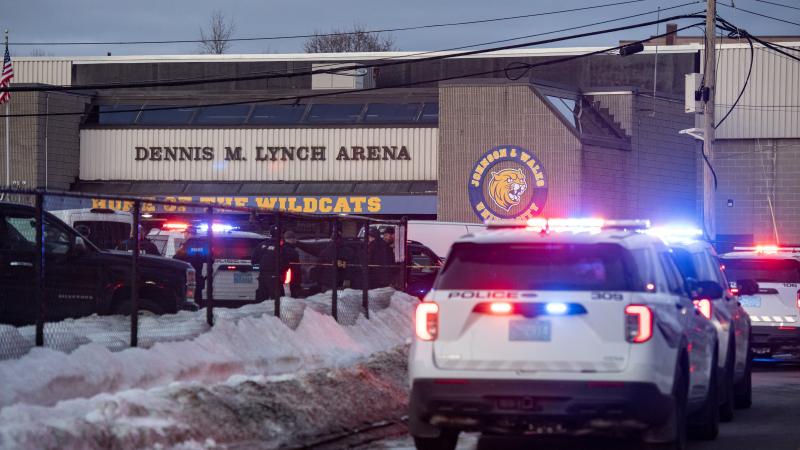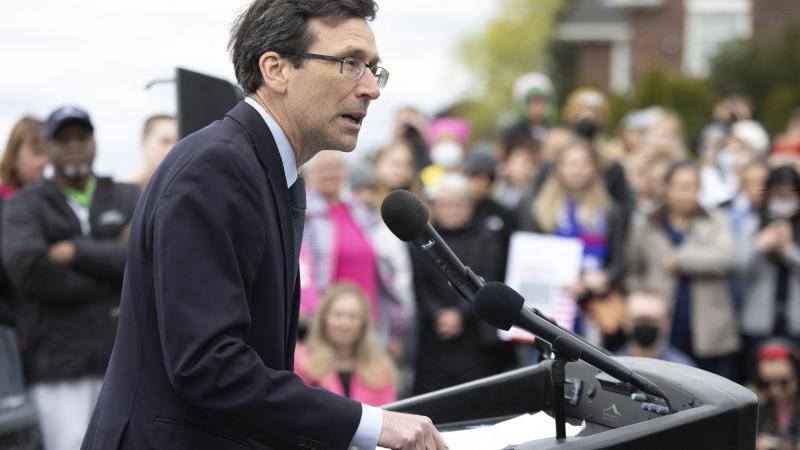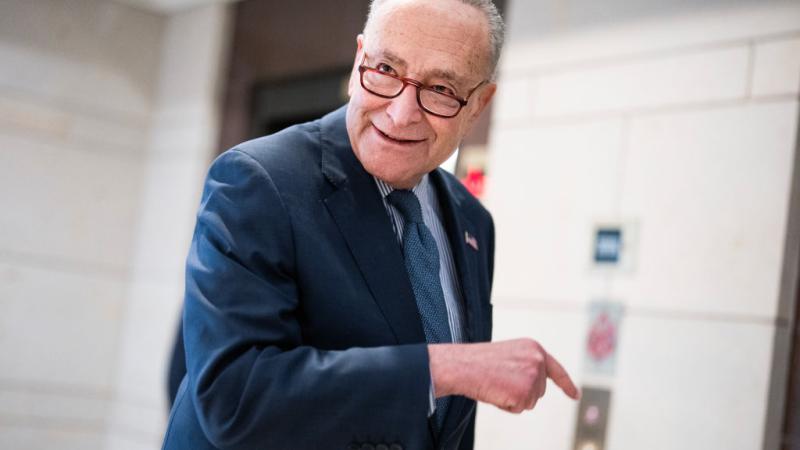Secret Service problems go beyond money; include planning and communications failures
The panel's report condemned the agency over 6 critical mistakes that day that allowed a lone 20-year-old to fly a drone over the campaign rally site hours before taking shots at Trump.
An independent panel that reviewed a fountain of mistakes made by the U.S. Secret Service during former President Donald Trump's July 13 rally in Pennsylvania said money alone isn't the solution to the protection agency's problems.
The Department of Homeland Security's Independent Review Panel said that a funding fight would negate any lessons learned from that day's failures. The panel's findings come as lawmakers consider budgeting additional money for the Secret Service.
"Additional resources would be helpful, but if the remediation and reform dialogue around the failures of July 13 devolves into a discussion about how much additional money the Service should receive, critical lessons from July 13 will have been lost," the panel wrote. "The failure of July 13 likely would have occurred regardless of budget levels at the current Secret Service. Put otherwise, even an unlimited budget would not, by itself, remediate many of the causes of the failures on July 13."
The Secret Service's budget almost doubled over the past 10 years, going from about $1.8 billion in fiscal 2014 to more than $3 billion, according to budget documents. Secret Service staffing increased by nearly 25% during the same decade to more than 8,100 employees. That includes about 3,200 special agents and 1,300 uniformed officers, according to the agency's website.
The panel's report condemned the agency over six critical mistakes that day that ultimately allowed a lone 20-year-old to fly a drone over the campaign rally site hours before taking shots at Trump, hitting him in the ear, killing a firefighter in attendance and injuring two others. The critical report also made recommendations to improve the Secret Service.
"The July 13 assassination attempt was not the work of a trained foreign adversary prepared to conduct a multi-dimensional attack and willing to sacrifice themselves in the process," according to the report. "Rather, a young, local Pennsylvania man who had seemingly conceived of and executed his assassination plot within days after the former president's rally was publicly announced had managed, with striking ease, to circumvent the Secret Service's 'no fail' protective mission."
While additional money would certainly help protect more people, a shortage of resources wasn't the issue, the panel found.
"An influx of funds, without more, will not address the problems July 13 revealed," according to the report.
More bluntly: "The failures of July 13 are not primarily attributable to the quantity of Secret Service personnel."
In September, Secret Service Acting Director Ronald Rowe Jr. had said the same thing.
"While the reviews and investigations are ongoing, we do not believe the security failure of July 13, 2024 was the result of a lack of resources," he wrote in a letter obtained by Roll Call.














